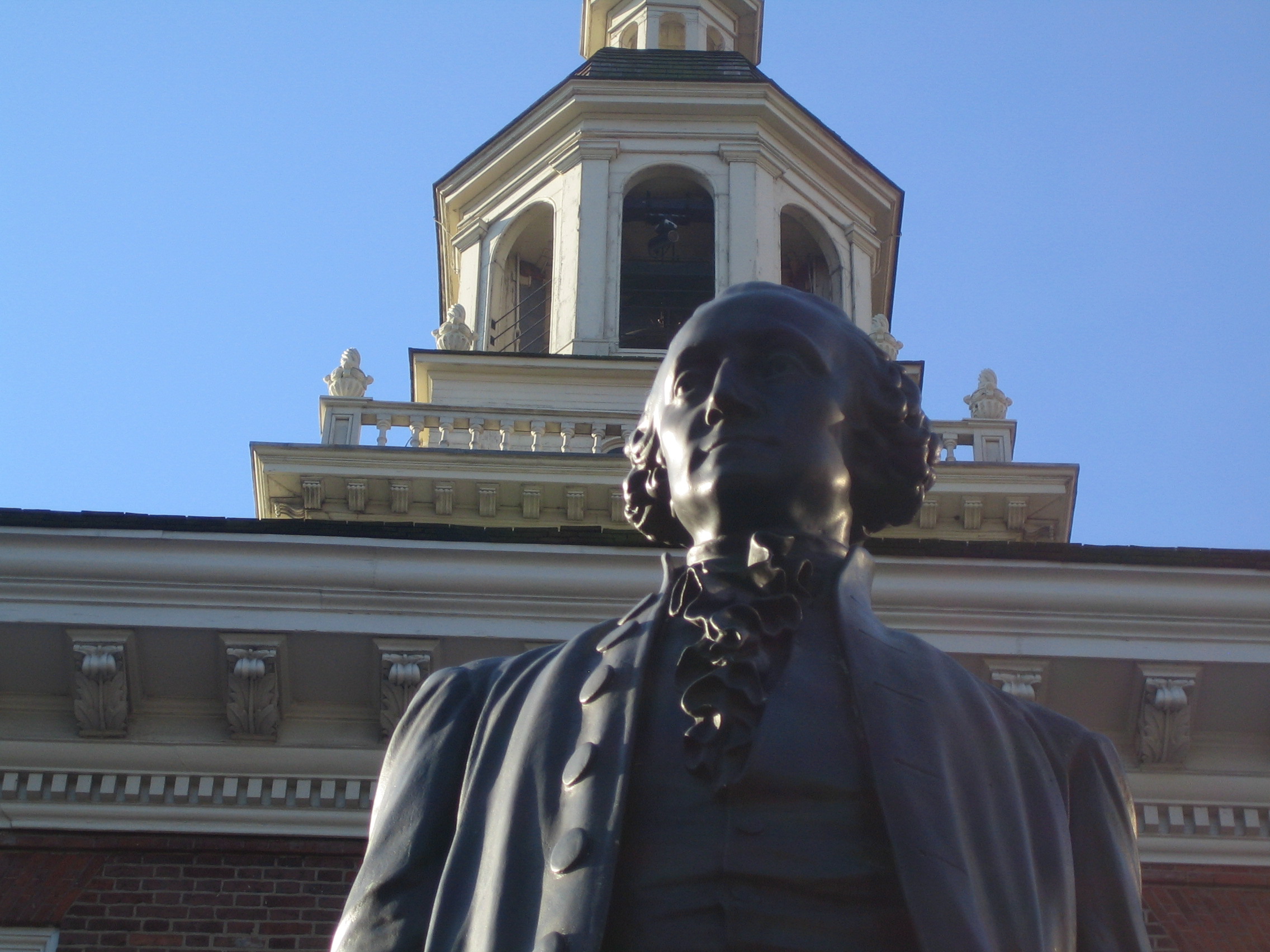Thoughts on Leadership
26/10/23 06:49
 October 26, 2023 (Vol. 17 No. 45) - In about a year, we will be electing the "Leader of the Free World," as well a numerous state and local officials. In the interim, there are dozens of issues that will require unselfish and inspired leadership. It's one thing to be appointed "a leader" and quite another to actually lead. And we need more of the latter than the former. One of my favorite movie lines comes from 1976's Midway. In it, a bedridden Admiral Halsey tells Ray Spruance, the man who will replace him in the upcoming battle, "When you are in command, command." I agree, with one important stipulation: My idea of leadership is someone who pulls instead of pushes. You may be the ultimate decision-maker, but that does not preclude seeking consensus. Nor does it preclude listening to others and, when necessary, demonstrating empathy. (In the aforementioned battle of Midway, Admiral Spruance took advice from subordinates that ultimately led to victory.) There is no such thing as communication if it doesn't involve listening to the ideas of others. Nor is it a bad idea to let people know why you have chosen a particular path to follow. Good leadership requires consistency in one's actions. This involves leading by example. (Don't talk about "being bipartisan" if you are not willing to act in a bipartisan manner.) The best path to successful leadership is through values-driven decision making. That means adhering to the values of the organization you lead, the society in which you live and the God you choose to follow. It is also important to understand that the very nature of leadership can tend to be isolating. I noticed this when I was associate dean of the KU School of Journalism. The very day I was appointed to my new role, my colleagues - some of whom I had known for 13 years - treated me differently and at a distance. Some did it out of respect. Some did it out of fear. Still others acted out of jealousy. This isolation can lead to a sense of loneliness. It can also lead to arrogance, a compulsion to take unilateral action and, sometimes, even anger. Those are feelings I — sometimes unsuccessfully — tried to avoid. To me, the most important aspect of being a leader is to remember who you are, where you came from and where you want to lead others to go. In other words, need to know your goals. History provides us valuable lessons about leadership. George Washington is more than a picture on a dollar bill. He was an inspirational leader who, at the height of his popularity, voluntarily stepped away from the presidency - something that had never been done in the history of the world. In the final analysis, great leaders know to make the best of their time on the stage and when to yield the limelight to others. If those who claim to lead our nation - people of all political parties and philosophies - would follow Washington's example, we can take comfort in the nation's prospects for the future. That's it for now. Fear the Turtle. Photo Copyright David W. Guth, 2007
October 26, 2023 (Vol. 17 No. 45) - In about a year, we will be electing the "Leader of the Free World," as well a numerous state and local officials. In the interim, there are dozens of issues that will require unselfish and inspired leadership. It's one thing to be appointed "a leader" and quite another to actually lead. And we need more of the latter than the former. One of my favorite movie lines comes from 1976's Midway. In it, a bedridden Admiral Halsey tells Ray Spruance, the man who will replace him in the upcoming battle, "When you are in command, command." I agree, with one important stipulation: My idea of leadership is someone who pulls instead of pushes. You may be the ultimate decision-maker, but that does not preclude seeking consensus. Nor does it preclude listening to others and, when necessary, demonstrating empathy. (In the aforementioned battle of Midway, Admiral Spruance took advice from subordinates that ultimately led to victory.) There is no such thing as communication if it doesn't involve listening to the ideas of others. Nor is it a bad idea to let people know why you have chosen a particular path to follow. Good leadership requires consistency in one's actions. This involves leading by example. (Don't talk about "being bipartisan" if you are not willing to act in a bipartisan manner.) The best path to successful leadership is through values-driven decision making. That means adhering to the values of the organization you lead, the society in which you live and the God you choose to follow. It is also important to understand that the very nature of leadership can tend to be isolating. I noticed this when I was associate dean of the KU School of Journalism. The very day I was appointed to my new role, my colleagues - some of whom I had known for 13 years - treated me differently and at a distance. Some did it out of respect. Some did it out of fear. Still others acted out of jealousy. This isolation can lead to a sense of loneliness. It can also lead to arrogance, a compulsion to take unilateral action and, sometimes, even anger. Those are feelings I — sometimes unsuccessfully — tried to avoid. To me, the most important aspect of being a leader is to remember who you are, where you came from and where you want to lead others to go. In other words, need to know your goals. History provides us valuable lessons about leadership. George Washington is more than a picture on a dollar bill. He was an inspirational leader who, at the height of his popularity, voluntarily stepped away from the presidency - something that had never been done in the history of the world. In the final analysis, great leaders know to make the best of their time on the stage and when to yield the limelight to others. If those who claim to lead our nation - people of all political parties and philosophies - would follow Washington's example, we can take comfort in the nation's prospects for the future. That's it for now. Fear the Turtle. Photo Copyright David W. Guth, 2007